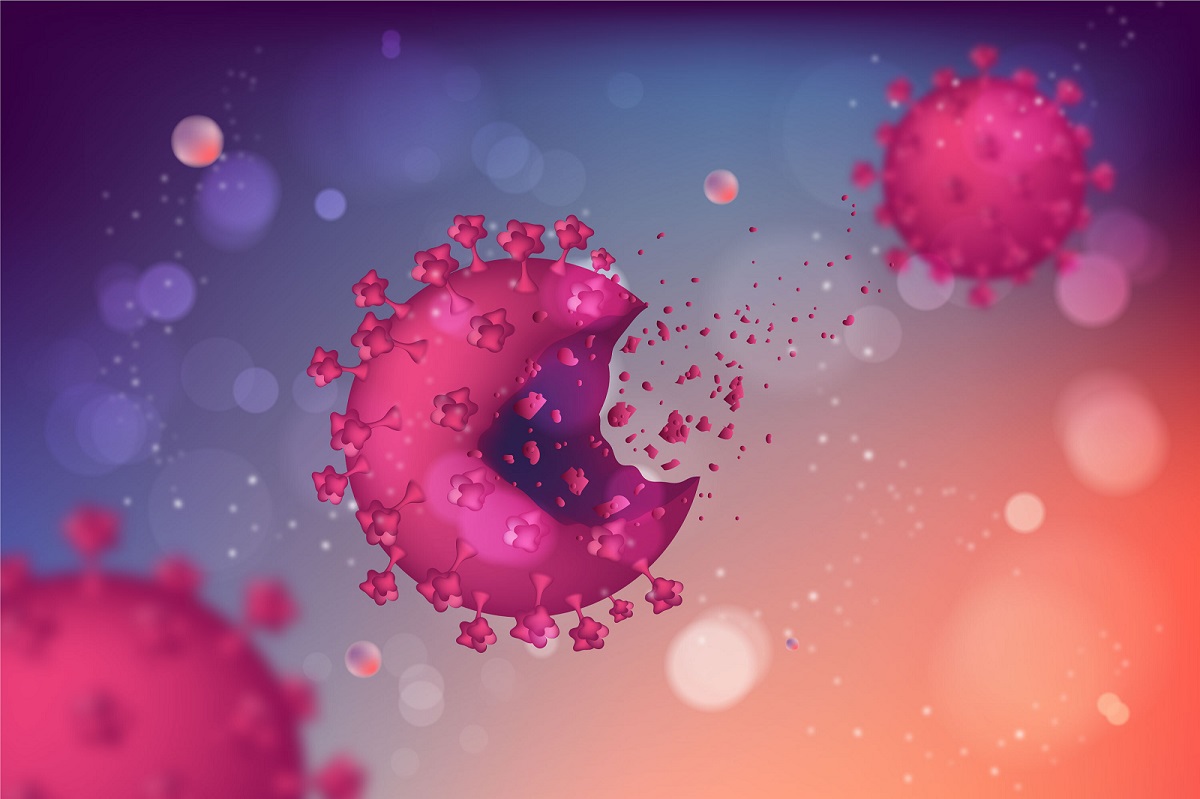KEY TAKEAWAYS
- The study aimed to investigate the correlation between NK and NKT cell proportion disparities and prognosis in patients with AML.
- Researchers noticed that distinct genetic mutations influence tumor initiation and the microenvironment, thus impacting AML prognosis.
ZhongLi Hu and the team aimed to investigate the correlation between natural killer (NK) and natural killer T (NKT) cell proportion disparities and prognosis in patients with acute myeloid leukemia (AML).
They performed an inclusive analysis involving 44 cases of patients with AML. Flow cytometry was utilized to evaluate the expression of bone marrow NK and NKT cells. Next-generation sequencing technology was employed to detect genetic mutations in these 44 patients with AML, and the rates of first induction remission and overall survival were recorded. Comparisons were made to analyze the respective differences in NK and NKT cell proportions among patients with AML with various genetic mutations and risk stratifications.
The FLT-3-ITD+ group exhibited a significant increase in the proportion of NK cells compared to the normal control group and FLT3-ITD+/NPM1+ group, whereas the proportion of NKT cells was significantly decreased. Additionally, the CEBPA+ group showed an increased proportion of NKT cells compared to the TP53+ group and ASXL1+ group. The high-risk group had a higher proportion of NK cells than the intermediate-risk group, while the proportion of NKT cells was lower in the high-risk group compared to the intermediate-risk group.
Patients achieving first induction remission displayed a higher proportion of NKT cells at initial diagnosis compared to those who did not achieve remission. The distribution of NK cells shows significant differences among AML patients in different survival periods.
The study concluded that distinct genetic mutations may play a role in tumor initiation and in shaping the tumor microenvironment, consequently impacting prognosis.
The study was sponsored by the Natural Science Foundation of Bengbu Medical College, Anhui Province Key Laboratory of Immunology in Chronic Disease.
Source: https://pubmed.ncbi.nlm.nih.gov/38687637/
Hu Z, Yang Y, Li J, et al. (2024). “Genetic mutations and immune microenvironment: unveiling the connection to AML prognosis.” Hematology. 2024 Dec;29(1):2346965. doi: 10.1080/16078454.2024.2346965. Epub 2024 Apr 30. PMID: 38687637.



